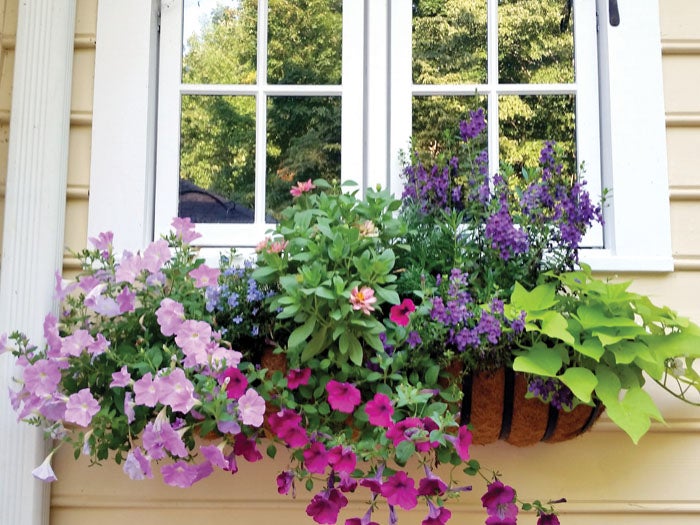Darrell Blackwelder: Keeping plants blooming
Published 12:00 am Sunday, June 27, 2021
A breakfast buddy of mine asked me how she could keep her flowers blooming throughout the summer. They look very good now, but often faded away during the later summer months. Maintaining beautiful blooms requires constant care, however, the rewards are well worth the extra effort. Below are a few simple tips that will keep flowering annuals and perennials beautiful throughout the summer.
Water: Keep bedding plants and containerized plantings properly irrigated. Check on a regular basis as container plantings often require irrigation twice a day in extremely hot weather. Consider implementing drip irrigation systems for container gardens. Hanging baskets will overflow during irrigation often to the edge of the basket missing the root system. Pour a glass of ice cubes on these baskets on a regular basis. The cubes slowly melt and provide needed water to the plant’s root system.
Fertilization: Flowering annuals need constant fertilization to obtain healthy and maximum blooms. Time-released fertilizers are often added when planting to constantly supply needed nutrients. Phosphorus is essential for blooming annuals and perennials and water-soluble fertilizers specifically designed for blooms are available. However, you can also fertilize your bloomers every 10-14 days with water soluble fertilizers for continuous blooms.
Dead bead blooms: Deadheading spent blooms makes the planting more attractive and also reserves food supply for future growth and blooms. As the flowers die back, the seed formation process consumes vital nutrients. Deadheading spent flowers allows more energy to the roots and formation for new flowers.
Trim excess growth: Keep a pair of pruners handy and trim excessive growth. Plants often grow quickly shading blooming annuals and perennials plants. Judiciously prune on a regular basis to allow blooming plants sunlight for bloom production.
Darrell Blackwelder is the retired horticulture agent and director with the North Carolina Cooperative Extension Service in Rowan County. Contact him at deblackw@ncsu.edu .




